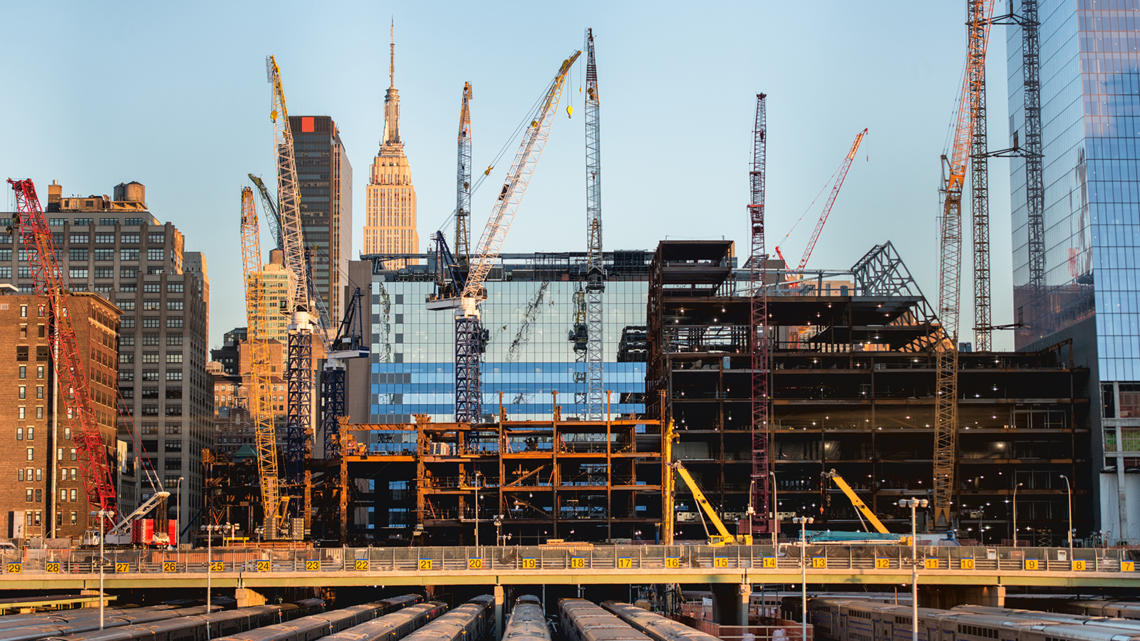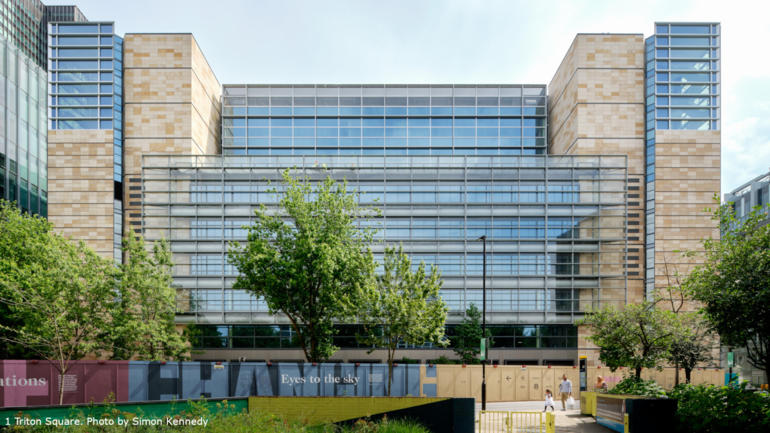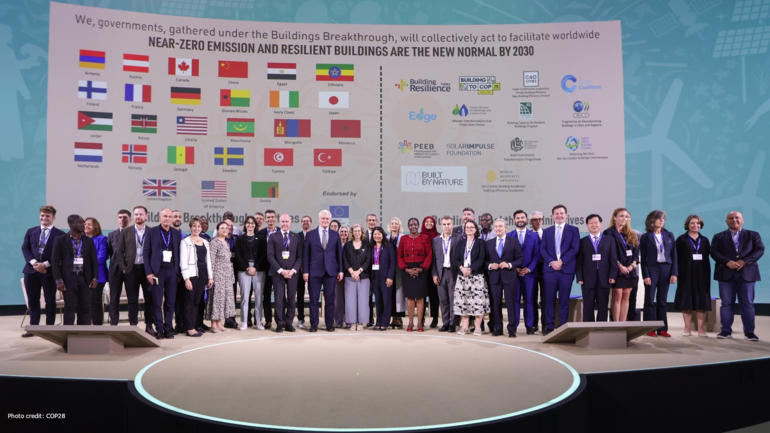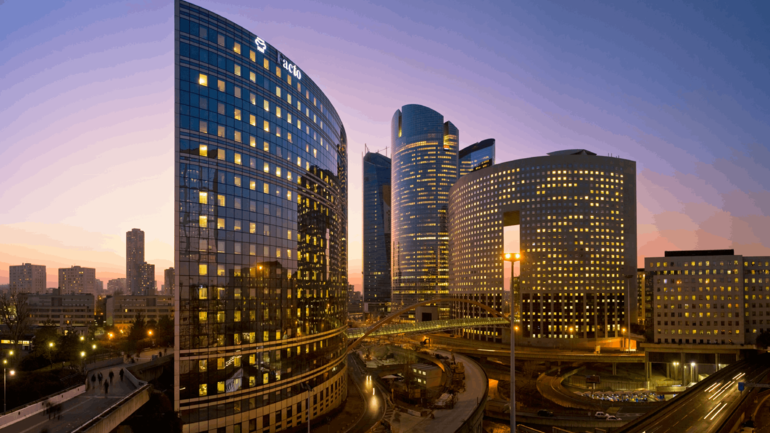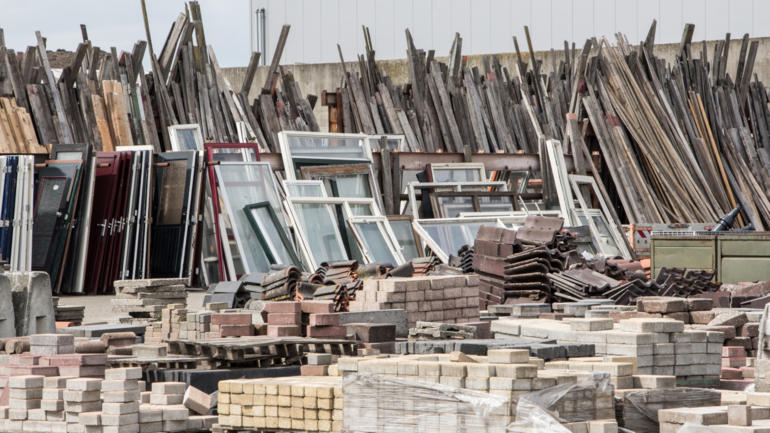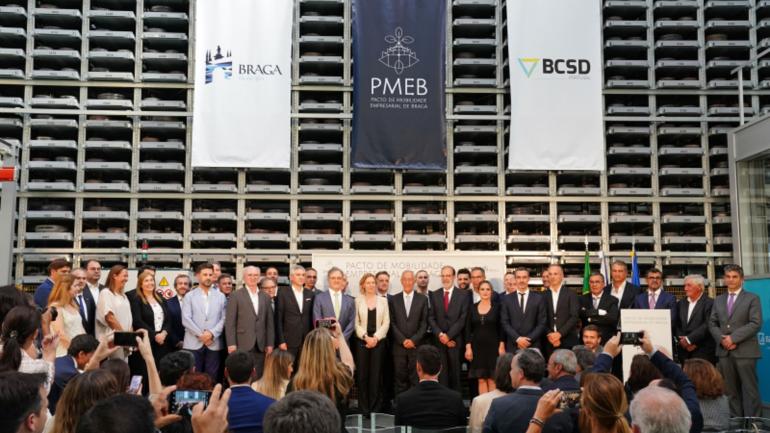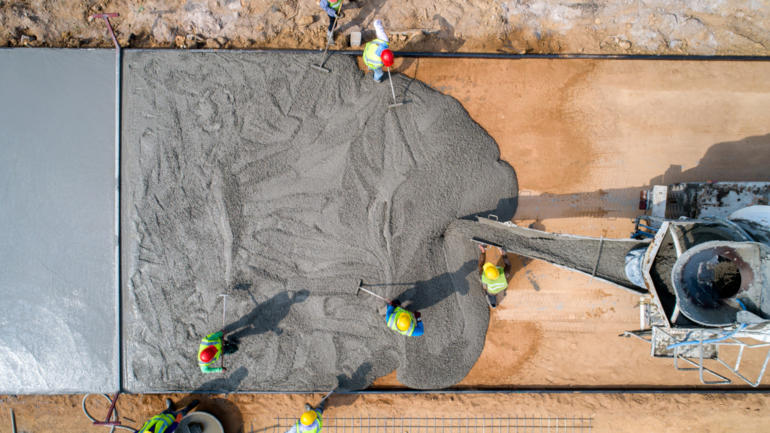The World Business Council for Sustainable Development (WBCSD) and its partners are launching EEB Amplify, a new phase of the project on energy efficiency in buildings, which will begin in 2017 and aims to expand to 50 cities by 2020.
WBCSD is proud to announce its partnership in Europe with Climate-KIC; the U.S. Green Building Council (USGBC) and US Business Council for Sustainable Development (US BCSD) in the USA; and the Indian Green Building Council(IGBC) in India.
EEB Amplify uses a proven business-led approach methodology to develop and implement action plans on energy efficiency in buildings. This methodology is set out in the Handbook on creating dynamic local markets for Energy Efficient Buildings released today.
Marrakech, 10 November 2016: Known as EEB Amplify, the expansion will begin in 2017 and aims to include 50 cities by 2020. EEB Amplify uses a proven business-led methodology piloted in 10 cities over the last four years to develop and implement action plans on energy efficiency in buildings.
Partnerships are a key success factor in this approach, and WBCSD is proud to announce it has developed four partnerships with key partners in Europe, in the US and in India.
In Europe, Climate-KIC is joining forces with EEB Amplify through their Climate-KIC Building Technologies Accelerator (BTA). Together they will work across five cities in 2017 to boost demand for low-carbon building products and solutions (in Switzerland, France, UK, Germany and another country to be confirmed).
In the USA, EEB Amplify will work with the U.S. Green Building Council (USGBC) and US Business Council for Sustainable Development (US BCSD) to activate market activity in American cities building on the success of the EEB platform in Houston.
In India, the Green Building Council will bring the WBCSD approach to five cities - three cities in 2017 and two in 2018: Pune, Mumbai, Kochi, Ahmadabad and Goa. The goal will be to establish a local network on energy efficiency in buildings following the example of Jaipur, one of the WBCSD’s 10 pilot markets.
Buildings are one of the largest end users of energy, consuming a third of global final energy and creating a fifth of all greenhouse gas emissions. Population growth, urbanization and household wealth are all rising and energy use in buildings may double and possibly triple by 2050. If widely adopted, current best practices and technologies could halve this amount by 2030, which will be necessary if we stand any chance to fulfill the Paris Agreement.
Eleven WBCSD member companies have invested over US$4M to demonstrate that their engagement framework can effectively increase market activity for energy efficient buildings – and promote sustainability and business opportunities. EEB Amplify will use this business-led approach, piloted in 10 markets over four years and captured in the Handbook on creating dynamic local markets for Energy Efficient Buildings released today.
Five EEB platforms have been set up so far in Houston, Warsaw, Jakarta, Jaipur and Shanghai. For instance, today the EEB platform in Poland has released a first ever benchmarking report entitled “Business for Climate. Operating Costs of Office Buildings” that will encourage transparency and data sharing among office buildings.
EEB Amplify is endorsed by the Sustainable Buildings & Construction Program of the UN 10 Year Framework of Programs on Sustainable Consumption and Production (10YFP SBC) and will be led by WBCSD in partnership with other program partners.
LafargeHolcim, United Technologies, AkzoNobel, ArcelorMittal, Arcadis, ENGIE, Infosys, Schneider Electric, SGS, Siemens, Skanska

